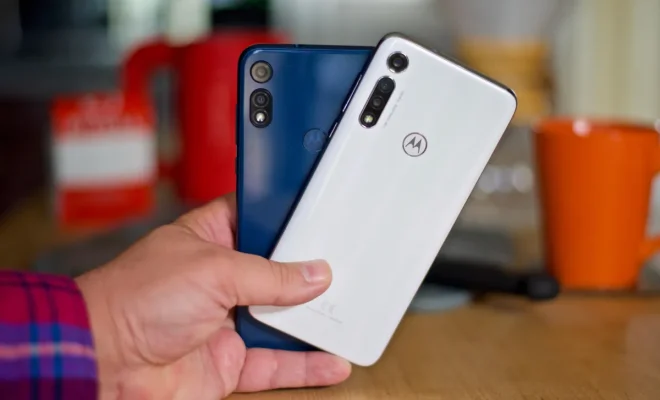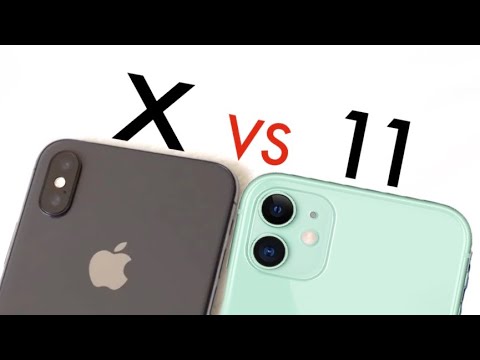What are Dealer Fees When Buying a Car?

Introduction:
When purchasing a new or used car from a dealership, you may encounter various dealer fees that can add to the overall cost of your vehicle. While some of these fees are legitimate and necessary for the processing of your purchase, others may be inflated or unnecessary. In this article, we will discuss some common dealer fees to be aware of when buying a car to help you better understand your total expenses.
1. Documentation Fee (Doc Fee):
The documentation fee covers the cost of preparing and processing the paperwork involved in purchasing a car. It is typically set by the dealership and can vary significantly between dealers and states. Some states have regulations on the maximum amount that can be charged; for example, California has a cap on how much dealers can charge for doc fees.
2. Sales Tax:
Sales tax is generally levied by the state and/or local jurisdiction where you register the vehicle. The sales tax percentage depends on your state and local tax rates and is calculated based on the price of the car.
3. Registration Fee:
This fee correlates to registering your vehicle with the Department of Motor Vehicles (DMV). The amount may vary depending on your location, vehicle type, and value.
4. Title Fee:
A title fee is charged to transfer ownership of the vehicle into your name. These costs are determined by state regulations.
5. Destination Fee:
This fee covers the delivery cost from the manufacturer to the dealership. It is typically included in most new car purchases and remains consistent across all dealerships for that specific make and model.
6. Advertising Fees:
Some dealers assess advertising fees, which cover marketing costs associated with promoting their vehicles. This charge may be included in the overall invoice from the manufacturer or added separately by the dealer themselves.
7. Dealer Preparation Fee:
Some dealers charge a fee for inspecting, cleaning, and topping off fluids on new vehicles before delivery to the buyer. This fee may be negotiable, and often varies between dealerships.
8. Additional Dealer Markup (ADM):
This fee represents the dealer inflating the price of a vehicle above the manufacturer’s suggested retail price (MSRP). In times of high demand and low supply, some dealers may charge an extra amount for popular models.
Conclusion:
Being cognizant of these fees when purchasing a car can help you understand the full cost of your vehicle and avoid any surprises during the buying process. It is always worth negotiating these fees or shopping around for dealerships that offer lower or more transparent charges. In some cases, you might find that purchasing a car from an out-of-state dealer or private seller could lead to substantial savings in dealer fees.



